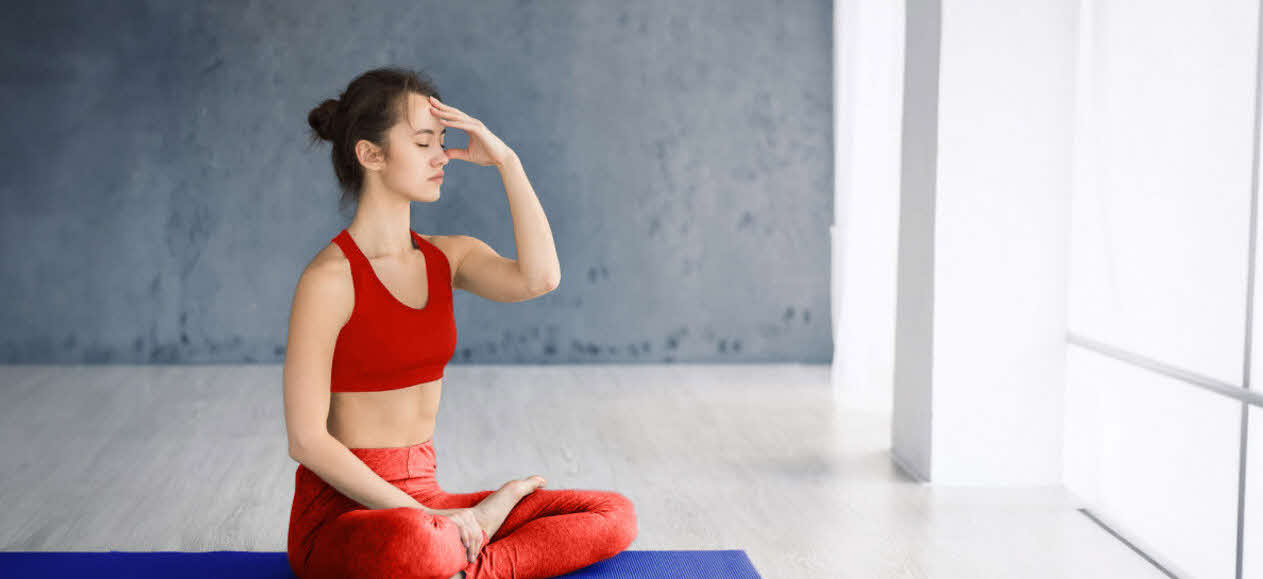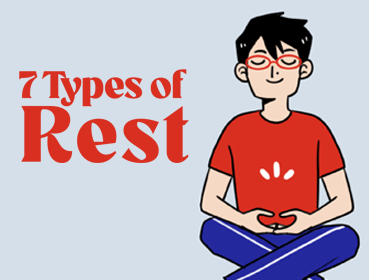The breath you take: Nasal breathing
Transformative effects of nasal breathing, and why it is better than mouth breathing
How do you breathe? Going through the motions of inhalation and exhalation may not be the first thing on your mind going about your day, but you’ll be surprised to find that it should be. Well somewhere at the top, at least.
Many are unaware of their breathing and take it for granted that they do it correctly. It is estimated that around 30 to 50 percent of adults breathe through their mouths. However, it is healthier to breathe through your nose, and it also comes with many health benefits unbeknownst to most!
Breathing through the right channel
Your nose is designed to help you breathe safely, efficiently, and properly. It has unique features for breathing such as:
- Nasal hair. It acts as a filter, blocking dust and allergens. For those with seasonal allergies or asthma, nasal breathing helps push mucus and other debris away from your lungs.
- Warming and moisturising. Your nose humidifies the air you inhale – better for your lungs to use!
- Nitric oxide is released during nasal breathing. This widens the blood vessels and improves oxygen circulation in your body!
No more mouth misconceptions
On the other hand, while you can use your mouth to breathe, it can increase unwanted issues such as:
- Inhaling unfiltered air
- Allergic reactions
- Asthma
- Bad breath
- Oral issues such as tooth decay and gingivitis
- Snoring and sleep apnea
- Teeth of jaw abnormalities
Nasal breathing is superior – that’s the simple answer!
- The mouth actually causes nasal congestion and makes it harder to breathe. It’s actually worsening that stuffed nose!
- Nasal breathing when exercising actually results in 10 to 20 percent better oxygenation!
- Nasal breathing can also improve mental focus and boost coronary artery blood flow in exercise.
Inhale, exhale, excel
All in all, research shows that mouth breathing reduces the expansion of the diaphragm muscle, resulting in less efficient respiration. Here are some ways we can minimise mouth breathing:
- Nasal sprays or neti pot for those with nasal congestion due to allergies or infection
- Mouth tapes have been quite the rage these days, and can help prevent unconscious mouth breathing in sleep! But beware of the side effects such as skin irritation, anxiety, or discomfort – use cautiously
- Exercise – breath comes from your core! Studies have shown that aerobic and core exercises can strengthen the respiratory muscles and improve its efficiency
- Use supportive pillows to enhance your sleeping posture. For those with sleep apnea, elevating the body at a 45-degree angle can aid fluid drainage from the lungs and enhance breathing
- Yoga or meditation practice. They focus on deep breathing through the nose, and can help with relieving stress as well!
Nasal fitness
Fortunately for those who need a little help with nasal breathing, a simple solution is breathing slowly and mindfully. Take a few minutes out of your day to practise diaphragmatic breathing:
- Lay on your back with one hand on your belly and breathe in slowly through your nose
- Breathe out through your nose and feel your belly fall flat as you empty your lungs
- Repeat this for 10 minutes every day until nasal breathing becomes an unconscious habit
Mindful breathing goes a long way
You likely breathe without thinking about it – your body does it without much conscious effort on your part. But being mindful of our breathing has many health benefits such as alleviating sleep apnea. In severe cases, sleep apnea shortens life expectancy by 4 times!
Stay protected with these products.
Let us match you with a qualified financial representative
Our financial representative will answer any questions you may have about our products and planning.







